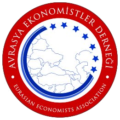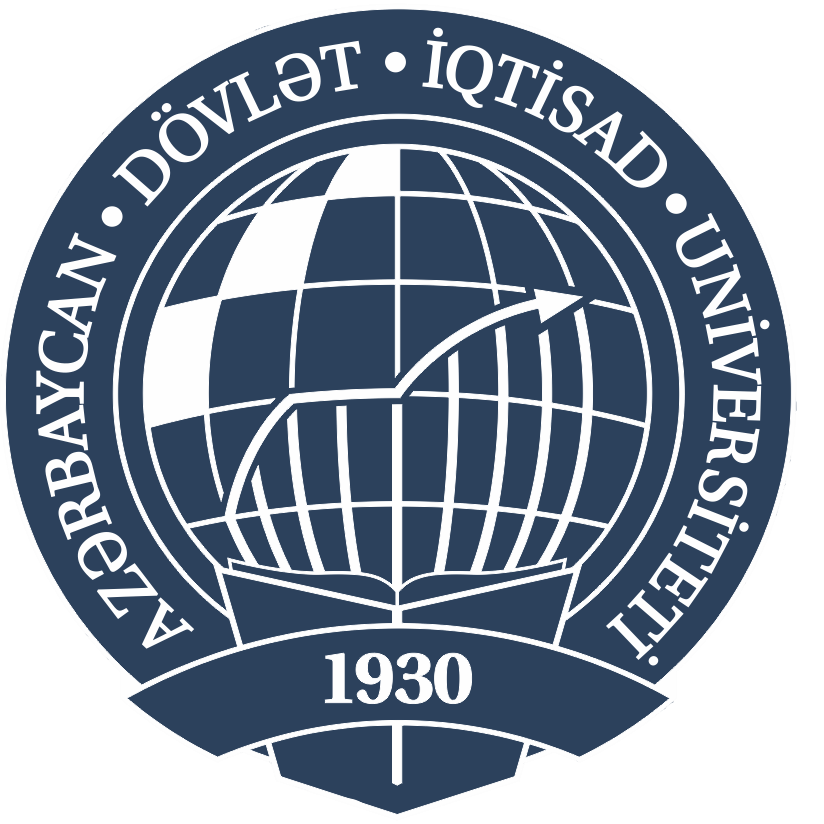
Международная конференция «Экономика стран Евразии»
20-22 сентябрь 2022 – Баку - Азербайджан
Paper properties
Paper ID : 2658
Status : Paper published
Language :
Topic :
Presenter: Mrs. Müdrike Uçkaç
Presentation Location : online
Session : 5A Kalkınma
Why is Foreign Direct Investment Decreasing in the Turkish Economy?
Türkiye Ekonomisine Yönelik Doğrudan Yabancı Yatırımlar Neden Geriliyor?
- Mrs. Müdrike Uçkaç (Çukurova University, Türkiye)
- Prof. Dr. Harun Bal (Çukurova University, Türkiye)
- Dr. Esma Erdoğan (Çukurova University, Türkiye)
Abstract
Foreign Direct Investment (FDI) is a type of external finance that is desired by all countries in order to accelerate capital accumulation and increase production, employment, and technological capacity. In the development process of the Turkish economy, FDI remained limited until the 1980s, and after this date, policy changes were made, and significant increases were experienced within the framework of the regulations and developments. Especially in the 2002-2015 period, it was seen that FDI to Turkey was the scene of historical records. With the last quarter of the 2010s, these increases slowed down and entered a regression process. These developments highlight the issue of FDI and its determinants and necessitate analysis in the context of its different dimensions. In this study, it is aimed to investigate the effects of some important indicators, which are thought to be the determinants of foreign direct investments in the Turkish economy, on FDI by using the data set for the period 2003:Q2-2019:Q4. Unit root test and Granger causality test were used to determine the said relationship. Based on the relevant literature, the factors expected to guide foreign direct investments are market volume, foreign trade openness rate, real exchange rate and fear index (VIX). Findings obtained in the study, foreign trade openness ratio and VIX are Granger causality of foreign direct investors. Accordingly, the past and present values of the foreign trade openness ratio and the VIX have a significant effect on foreign direct investors in Turkey, and a one-way causality relationship has been determined here. In the study, foreign direct investment has a one-way effect on the market volume, no causal relationship was found between the real exchange rate and foreign direct investment. In this context, it can be stated that Turkey needs measures to accelerate economic growth, as well as policies and practices that reduce country risks, in order to accelerate FDI.
JEL codes: A10, F21, E00
Uçkaç, Müdrike, Bal, Harun, Erdoğan, Esma (2022). "Why is Foreign Direct Investment Decreasing in the Turkish Economy? " in Proceedings of International Conference of Eurasian Economies 2022, pp.81-89, Baku - AZERBAIJAN.
DOI: https://doi.org/10.36880/C14.02658
Полный текст статьи в формате PDF.




